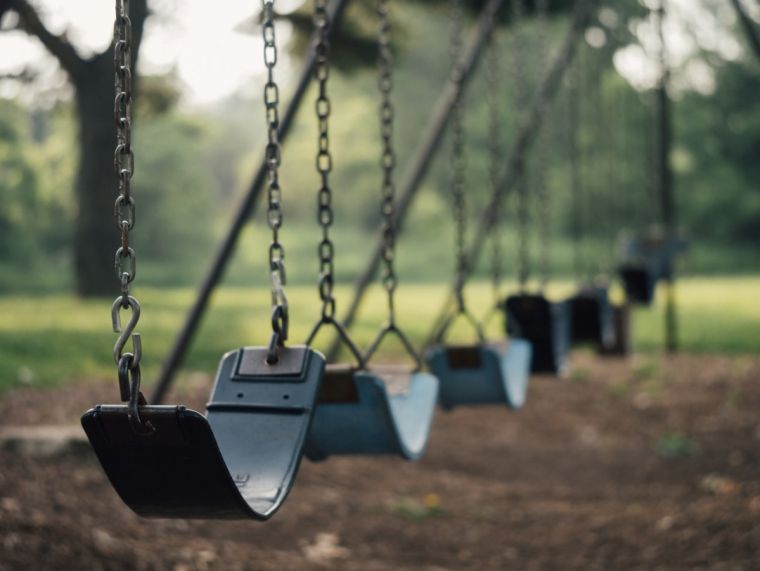Investigation launched into use of puberty blockers among children

The ethics of allowing children to take puberty blockers in order to transition to a different gender is to be investigated.
A committee of experts has been assembled by the Royal College of Paediatrics and Child Health to look into the controversial treatment in relation to under-16s, The Times reports.
According to the BBC, children as young as 11 are being offered the hormone-blocking drugs.
The investigation by the Royal College comes at a time when the use of puberty blockers has become the subject of increasing debate, with some campaigners arguing that they give children questioning their gender more time to consider their options, including whether they want to pursue a full medical transition.
Some also say that transgender children who are denied the treatment are at increased risk of suicide.
Opponents argue that there is little understanding at present about the long-term health consequences, including possible harmful effects, and that giving puberty blockers to children might only serve to reinforce their gender dysphoria when a resolution might have been otherwise possible.
Mike Linney, registrar and chairman of the Royal College's ethics and law advisory committee, said it was an important subject.
"The Royal College of Paediatrics and Child Health's ethics and the law advisory committee looks at a wide range of issues — new services, changes in scientific knowledge, new therapies and treatments for example — which impact paediatric care from an ethical position," he told The Times.
"The committee has been asked to review the topic of gender dysphoria from an ethics standpoint, looking at knowledge, management and the ethical thinking behind current approaches. This includes discussing the issue of puberty blocking."
Last year, the Government ordered an inquiry to establish why there had been a 4,400 per cent rise in girls in the UK being referred for transitioning treatment.
According to a report this week, preliminary data from a study by the Tavistock Centre, a NHS transgender clinic for young people in London, showed that some people experienced an increase in suicidal thoughts or self-harm after taking hormone-blocking drugs.
The clinic said that the data came from a "small sample" and so no "meaningful conclusion" could be drawn from it.
The full findings have not been released yet but the study has now come under investigation itself after complaints were made to the Health Research Authority about how it was designed.











